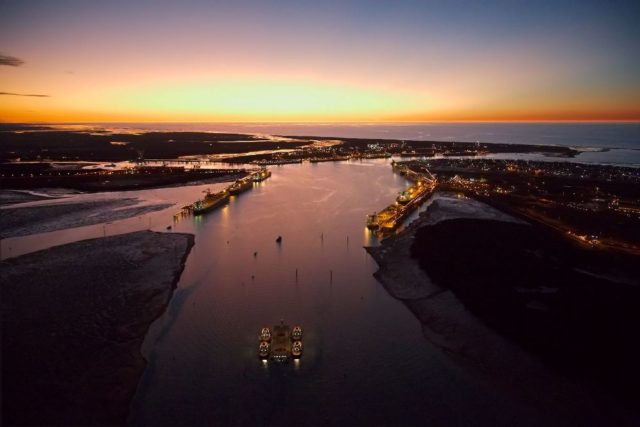Case Study
Deliberative Participatory Budgeting in the City of Greater Geraldton, Australia
In 2013 the Council of the City of Greater Geraldton was looking to develop more rigorous processes to allocate the city funds that includes the voice of the people and improves the public’s feelings of trust and legitimacy in difficult fiscal times.
The Issue and the Purpose
In 2013 the Council of the City of Greater Geraldton was looking to develop more rigorous processes to allocate the city funds that includes the voice of the people and improves the public’s feelings of trust and legitimacy in difficult fiscal times.
In September 2013, the City formally approved the implementation of two Participatory Budgeting Community Panels to deliberate on the city’s 10-year Capital Works Projects and City’s Region operational budget. The first PB was charged with recommending how to spend 100% of the infrastructure budget over 10 years, and the second with allocating 100% of the operational budget.
The Panels
Both PB Panels followed carefully planned deliberation process that involved:
- learning to understand their role and the role of deliberation;
- understanding the City budgeting process, and how it relates to their ‘charge’ in terms of the City’s entire range capital works projects (1st PB), and services (2nd PB);
- agreeing to a set of values and criteria upon which to evaluate each of the services or infrastructure;
- assessing the services/projects and calibrating the findings between all the small groups;
- prioritising options; determining recommendations; and;
- writing their Final Report and presenting it to the City and Council.
The Participants and the Process
The participants for both panels were selected through a stratified, random sample with age, gender, indigenous and cultural background and location used as criteria. The 1st Community panel involved 28 people from the community and the second 35.
The 10 Year Capital Works Community Panel took place in 2013 and involved 28 community members who deliberated over 4 full Saturdays, with one additional 4-hour word smithing sub group meeting of Panel volunteers prior to session 3. Those on the Panels were also provided with additional information to be read between sessions.
A variety of public deliberation techniques were used during this first Panel, including 21st Century Dialogue and Multi Criteria Analysis (MCA) Conference.
The Range and Level of Services Community Panel was conducted in 2014 and comprised of 35 participants who deliberated over 8 Saturdays in total.
A variety of public deliberation techniques were used including a World Café (introductory workshop), 21st Century Dialogue (all sessions), a Multi Criteria Analysis (MCA) Conference and a modified version of Open Space Technology.
The Innovations
The Process
So far, the City of Greater Geraldton is the first example of randomly sampled deliberative participatory budgeting on 100 per cent of a government budget. This was achieved through the combination of the whole operational budget with 100 per cent of the 10-year capital works budget; and the elected officials accepting the key recommendations in full.
The Technology
The sessions in both panels were facilitated with a customised, innovative online platform, specifically designed to meet the objectives and needs of public deliberation processes called WhatDoWeThink (formerly known as CivicEvolution). The platform supports both face-to-face (synchronous) and online (asynchronous) deliberation and facilitates a variety of techniques such as 21st Century Dialogue, Multi Criteria Analysis (MCA), prioritising; voting; weighing; calibrating.
The use of the platform saved valuable time and staffing resources for processing the information gathered through the deliberations. More so, it contributed to increased transparency and confidence in the process since participants were able to oversee and check at any point how their ideas, suggestions and recommendations were stored, aggregated, curated, analysed and summarised. The platform also allowed for live editing of the recommendations after each session ensuring that all panellists are happy with the final result.
The Outreach
In terms of outreach to the broader public, both PBs endeavoured to achieve this, with the first PB inviting community capital works proposals for assessment (over 100 received) which were added to the existing City list to be prioritised; and the second PB presenting their draft recommendations on the range and level of service to a large community forum and requesting feedback. In addition, social media and the partnership with the local newspaper enabled the publication, dissemination and discussion of information with the broader public before, during, and after the deliberations.
The Outcome
The Council endorsed the outcomes of both PBs, using the recommendations to form the budget of the following year as well as the infrastructure program for the following decade. Given the tough economic situation and a contentious history some of the difficult decisions made normally would have resulted in public and elected official dissention. This did not occur – not only did the Council accept the decisions, so did the public.
The Recognition
The deliberative democracy work in Greater Geraldton won three IAP2 Core Values Awards in 2014: for best Research, Planning and Project of the Year.
Further reading


